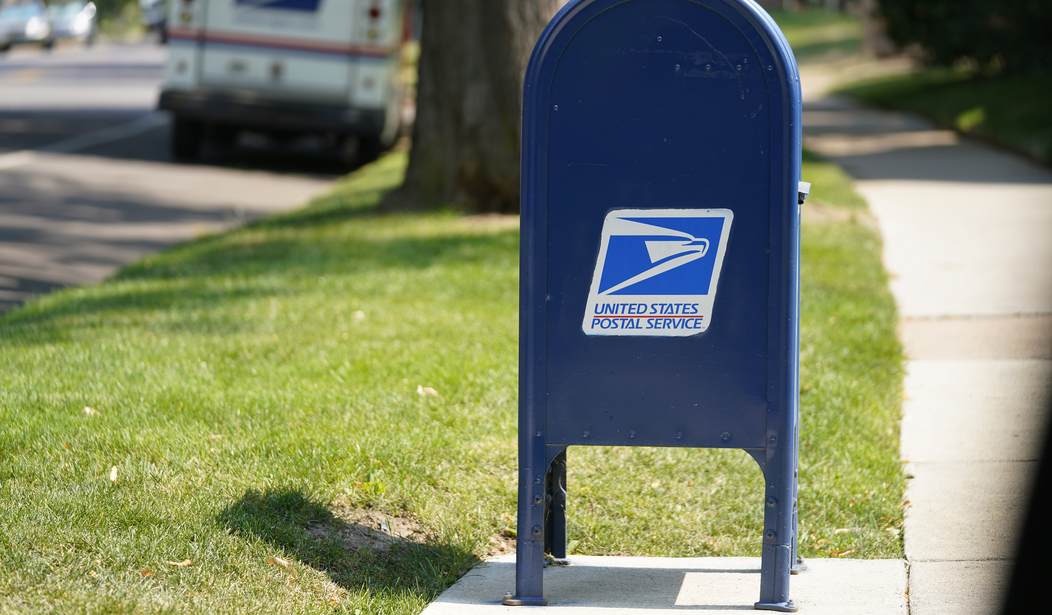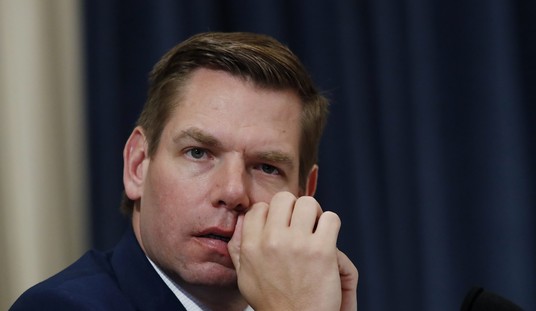It appears Americans have more than the NSA, FBI, and CIA to worry about when it comes to government surveillance. The United States Postal Service (USPS) has also been revealed to have helped federal agencies spy on those using its services, according to a recent report.
The Washington Post obtained documents describing the practice, which is known as “mail covers,” in which the agency assists other federal agencies in monitoring people’s mail.
However, some lawmakers have spoken out against the program, arguing that it is a violation of Constitutional rights.
Postal inspectors say they fulfill such requests only when mail monitoring can help find a fugitive or investigate a crime. But a decade’s worth of records, provided exclusively to The Washington Post in response to a congressional probe, show Postal Service officials have received more than 60,000 requests from federal agents and police officers since 2015, and that they rarely say no.
Each request can cover days or weeks of mail sent to or from a person or address, and 97 percent of the requests were approved, according to the data. Postal inspectors recorded more than 312,000 letters and packages between 2015 and 2023, the records show.
The surveillance technique, known as the mail covers program, has long been used by postal inspectors to help track down suspects or evidence. The practice is legal, and the inspectors said they share only what they can see on the outside of the mail; the Fourth Amendment requires them to get a warrant to peek inside.
But the Postal Service’s law enforcement arm, the U.S. Postal Inspection Service, has traditionally declined to say how often it facilitates such requests, saying in a 2015 audit that such details would decrease the program’s effectiveness by “alerting criminals” to how the technique works.
A bipartisan group of senators, including Elizabeth Warren (D-MA), Cory Booker (D-NJ), Mike Lee (R-UT), and Steve Daines (R-MT), sent a letter in May 2023 to Chief Postal Inspector Gary R. Barksdale calling on the agency to “reform its policies to require a federal judge to approve any surveillance of Americans’ mail, in order to protect Americas from unchecked government monitoring that threatens both our privacy and First Amendment rights.”
Each year, the United States Postal Service (USPS) surveils tens of thousands of Americans’ postal communications. While most of this surveillance is conducted by USPS in support of USPIS investigations, federal, state, and local agencies also request the mail records of thousands of Americans each year. Under one type of mail surveillance, known as "mail covers," requesting agencies are provided with sender and recipient information for letters and parcels sent to or from a particular target that are delivered by USPS. USPIS coordinates these requests from law enforcement and intelligence agencies, and delivers the list of targets to USPS, which then conducts the surveillance.
In response, Barksdale sent a letter claiming that the program was not a “large-scale surveillance apparatus” and was only focused on mail that could assist law enforcement in catching criminals and protecting national security. He also pointed out that the practice was authorized since 1879 and that “There is no reasonable expectation of privacy with respect to information contained on the outside of mail matter.”
However, Wyden disagreed. In a statement, he slammed USPS, saying the numbers “show that thousands of Americans are subjected to warrantless surveillance each year, and that the Postal Inspection Service rubber stamps practically all of the requests they receive.”
This is not the first time the Postal Service has been under scrutiny over its surveillance activities. In 2021, it was revealed that the agency had been monitoring the social media accounts of Americans – especially those planning protests during the George Floyd unrest.
The details of the surveillance effort, known as iCOP, or Internet Covert Operations Program, have not previously been made public. The work involves having analysts trawl through social media sites to look for what the document describes as “inflammatory” postings and then sharing that information across government agencies.
“Analysts with the United States Postal Inspection Service (USPIS) Internet Covert Operations Program (iCOP) monitored significant activity regarding planned protests occurring internationally and domestically on March 20, 2021,” says the March 16 government bulletin, marked as “law enforcement sensitive” and distributed through the Department of Homeland Security’s fusion centers. “Locations and times have been identified for these protests, which are being distributed online across multiple social media platforms, to include right-wing leaning Parler and Telegram accounts.”
When one thinks of government surveillance, the USPS is likely to be ranked last in terms of agencies that might violate our Constitutional rights. However, the agency, which most rely on to deliver their mail, appears to be actively colluding with federal law enforcement agencies to spy on Americans.
If Wyden’s accusation is accurate, it means the agency is surveilling Americans without warrants, an issue that became even more pertinent after Congress refused to vote in favor of an amendment requiring the FBI and other agencies to obtain a warrant before spying on American citizens under the Foreign Intelligence Surveillance Act (FISA).
What is particularly disturbing about this story is the fact that the Postal Service typically does not fall under scrutiny when it comes to surveillance, likely because most people are not aware of its role in monitoring people. Nevertheless, the notion that any agency would have this ability should be deeply concerning to those who value liberty.













